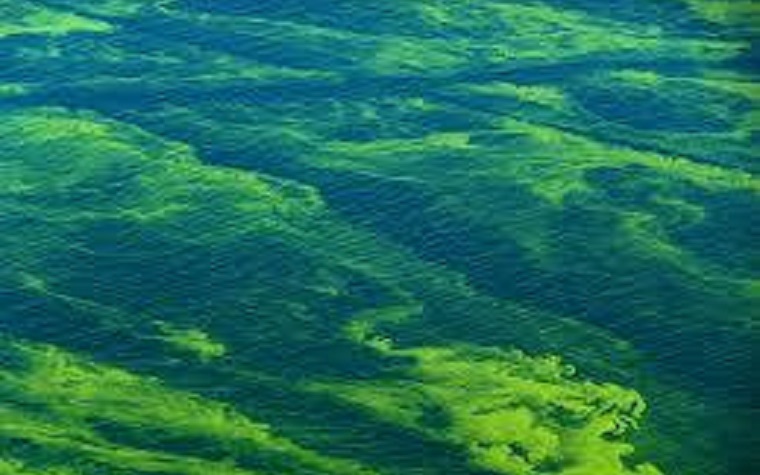Researchers from Gannon and Mercyhurst universities recently gained funding to continue their research into invasive, toxic algae found in Lake Erie, which has gained significant local concern.
The Pennsylvania Sea Grant, which lasts for two years, will allow the scientists to test Lake Erie Presque Isle Bay for the toxic algae, called harmful algal blooms. This algae has harmed the natural ecosystem of the lake.
“We want to better understand what causes these particular toxic species to become abundant,” J. Michael Campbell, a
Mercyhurst
biology professor, said. “It’s not a simple process. To figure out what exactly is going on with Lake Erie and the bay, you have to look at the entire ecosystem because it’s very complex.”
When water temperature rises during the late summer, there are more nutrients available to growing algae. Freshwater zooplankton typically don’t eat these algae.
“We can only do our part to do the good science, to learn more about these algal blooms, and see if we can in fact change it,” Campbell said. “If nothing else, perhaps we can demonstrate the importance of increasing temperature through our findings to help motivate people to address climate change — it really does affect us right here at home.”
Grant funds toxic algae research at Lake Erie


 Alerts Sign-up
Alerts Sign-up